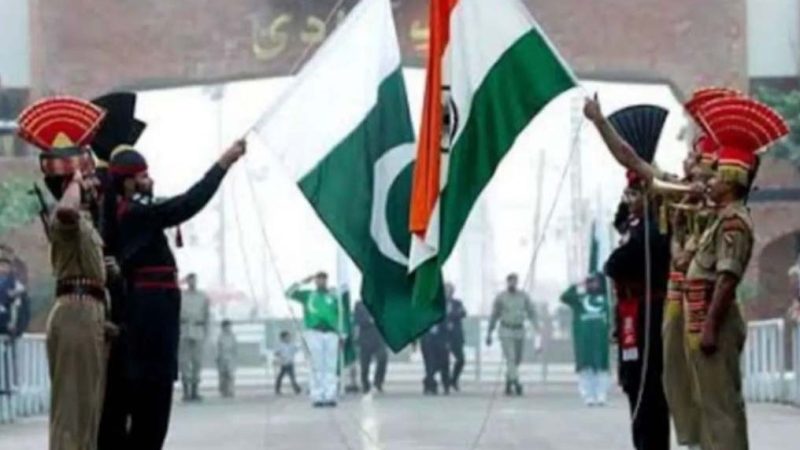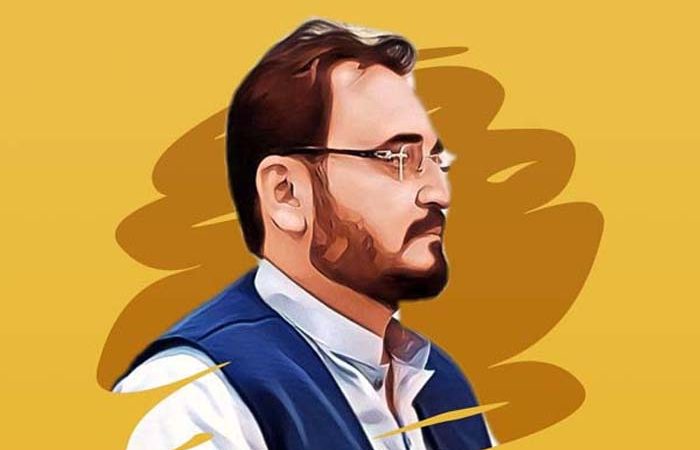“Two wrongs don’t make right”

A country of 180 million people cannot be managed as a tribe on the basis of personal dealings and Jirga morality. It needs rules–based and impersonal decision-making, which is the hallmark of a real bureaucracy. To rebuild Pakistan, the first priority should be to restructure the bureaucracy, because that is the ‘machine’ that maintains law and order, implements public policies and produces services.
Pakistan’s civil services worked relatively effectively until the 1960s.

The British legacy of requiring public servants to resist social pressures and act according to rules lasted a few years after 1947. But our clannish proclivities could not bear the relative neutrality and inapproachability of civil servants. Steadily, the walls between the public and private interests were breached. Thus began the rot of public services, which continues unabated.
‘Aren’t bureaucrats the source of our national failures,’ we ask? Their corruption, nepotism and customary incompetence have often been a scourge on Pakistan. Yet, the question is why the Pakistani bureaucracy is so ill-organised? The paradox is that if the state has to provide services, administer justice, maintain law and order and bring about prosperity, and if it has to be effective, it has to have a good bureaucracy.
Pakistan’s bureaucracies are plagued by many ills other than insecurity and loss of professionalism. There is a wide-ranging confusion about the standards of right and wrong. This confusion arises from the mores of corruption and nepotism, but it has been compounded by the clannish loyalties, notions of piety and narratives of Islamic religiosity, which provide justifications for disregarding institutional ethics.
Our bureaucratese are appointed by defective examination system that is totally cramming based, there are no proper parameters to check their mental health that is totally ignored. Appointment must be based only the intention, devoted intentions, but corrupt intentions must strongly be rejected. This is not the age of royalty, that’s the age of delivering services, to be humbleness, to be public servant in real sense.
Our system is not flawless to appoint civil servants
Recently In a video, Awan was seen shouting at Assistant Commissioner Sonia Sadaf over the quality of fruit being sold at the market. Dr. Firdous reprimanded Sonia Sadaf for failing to control sale of substandard items in Ramazan bazaars. AC Sonia couldn’t defend herself properly and she left the place as a protest pretending that it was too hot and rush that day ,here Awan couldn’t use proper words which could not be justified at all. This is the medium of behavior that exhibited by these officers against private people.
Public servants began to be rewarded and punished for their willingness to collude with politicians, notables and the military. Prime Minister Bhutto, who removed the constitutional security of tenure for civil servants. After that the authority to post, transfer or retire began to be used to beat public officials into submission. What he began was completed by the president Zia ul-Haq and Prime ministers Nawaz Sharif and Benazir Bhutto. Nothing was done for the better process of appointing civil servants.
President Musharraf packed civil services with military officers at the top, and politicised local administration from the bottom. The erosion of professionalism in public services has further accelerated in this round of the PPP’s rule. Provincial administrations, though weak to begin with, have gone down the same path. Politicians and the military have demoralised the bureaucracy, turning it into a collection of self-serving individuals, instead of an institution based on rules, the hierarchy of authority, accountability and professional ethics.
Previous year, the Prime Minister Imran khan had started taking notice of the ministerial nepotism and arbitrariness in the appointments, accountability and promotions of officials. It is a good start to make them accountable in an unbiased way. He approved the Civil Servants (E&D) Rules-2020 under government’s policy of institutional reforms to improve performance of bureaucracy and state institutions. The aim of these rules is to ensure transparent and effective internal accountability of bureaucrats and bring efficiency and discipline in their service. Under the new rules, inquiry against government officials will have to be decided within 90 days. For the first time, plea bargain and voluntary return have been included in the definition of misconduct and the civil servants involved in them shall now be proceeded against.
One of the main features of the rules is that in case of inquiry, the case will be heard by the ‘authority’, ‘inquiry officer’ or a ‘committee’ instead of any ‘authorised officer’ who was assigned to decide the issue .In these terms the authority means “the official who is authorised to appoint a person against whom the inquiry is being initiated”. Earlier it had been seen that whenever an officer (but not the authority) was assigned to hold inquiry, he usually disposed of the matter either by awarding minor punishment or under some influence or pressure. He could also decide the case in whatever time he deemed appropriate. However, the authority will now have to decide the case in 30 days. According to the new rules, in case of Pakistan Administration Service and Police Service of Pakistan officers posted in provinces, a two-month timeline has been provided to the chief secretary to submit fact-finding report, failing which the Establishment Division can proceed on its own. In short, such type of laws must be made, that is the empowerment of constitution, and everybody is equal in the eyes of law.
To witness how a Pakistani agency becomes dysfunctional, a new book by an American anthropologist is a must read. It shows how the administrative procedures of Islamabad’s Capital Development Authority breed the failure of its policies and induce corruption. It is a peep inside the Pakistani bureaucracy. (Matthew S. Hull, ‘Government of Paper’, Berkeley: University of California Press, 2012). To reconstruct bureaucracies, extensive and sustained efforts, spread over years, have to be made to rewrite rulebooks, redefine rules and reorganise responsibilities. A task that does not need large resources or foreign aid but imagination, knowledge and commitment.
Finally, administrative reconstruction cannot be sustained without the transparency of decision-making and enactment of citizens’ right to information and answerability. Exposure of public agencies to the citizens’ scrutiny and the media’s gaze will make them efficient and reduce the scope of corruption.
This is the moment to bring administrative reforms to the top of the election agenda. National elections are upon us. Political parties are making loud promises of bringing peace, establishing law and order, creating jobs, ending load-shedding and controlling corruption. If they are sincere in these promises, they would have to realise that public agencies are the instruments for carrying out their programmes. Civil society and the media should mount a strong campaign to make administrative reforms as the top priority for the platforms of political parties Pakistan’s bureaucracy needs new codes of ethics for public responsibilities. A wide ranging exercise should be undertaken to formulate detailed codes of conduct for various services. A new moral order of public service has to be framed and enacted.
Apart from changing the behaviourial norms of the bureaucracy, its structure and processes need a major overhaul. It is dire need to enhance our examination system, the current system of selection is not flawless, it’s totally ratta based (based on cramming).
The writer is a Lawyer, he can be reached at mohsinehsan1990@gmail.com




